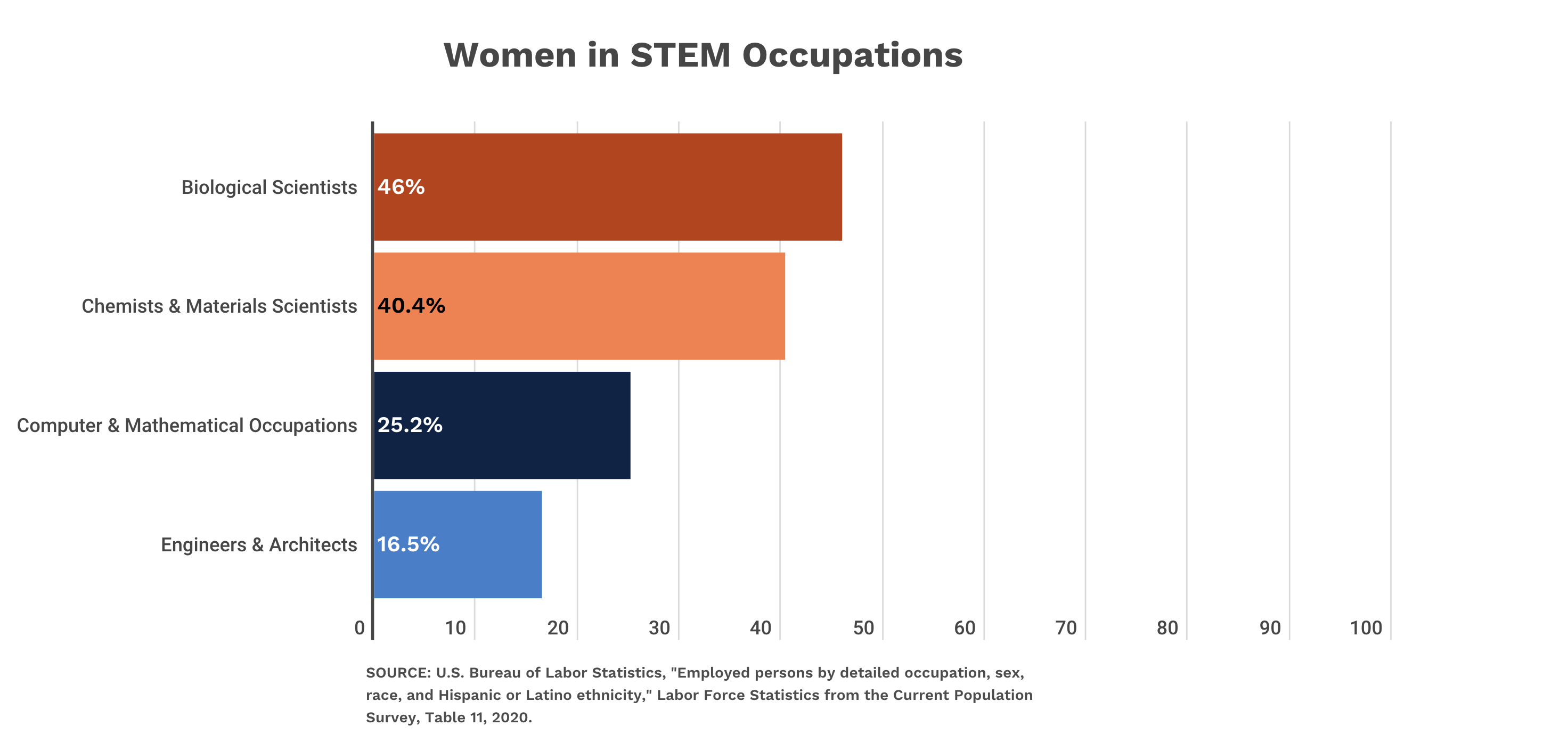Debunking 7 Common Myths about Emotional Intelligence (EQ)
Nov 12, 2022
"Nadja, emotional intelligence is just a bunch of nonsense. It's not a real field or science, and it undervalues our ability to think rationally and analytically. IQ scores are what represent true intelligence!"
I felt a wave of excitement when faced with such a direct challenge. I was eager for a stimulating debate where we held opposing views, ready to learn something new and perhaps even help each other expand our horizons.
My work is centered around fostering a growth mindset through emotional intelligence leadership.
Let's call this individual Ferdi. Ferdi leads a team of data scientists, engineers, and some non-technical members.
"Thank you for sharing your perspective. It's intriguing. I'm curious to learn more. Why do you believe emotional intelligence is irrelevant?"
"I'd like to understand what led you to think that way."
"Are you currently facing any specific challenges at work?"
Ferdi's background is in data science. He has participated in management development programs due to his leadership position, but none of these programs have helped him with his most significant challenge:
"Motivating and empowering his team without burning himself out..."
Through my body language, I created a safe space for Ferdi to express his point of view without fear of judgment. I maintained a calm tone so we could engage in a genuine discussion about our initial disagreement.
We often communicate with the intention of proving ourselves right, rather than listening and seeking to understand. I didn't need to be right, nor did I feel threatened by Ferdi's views. When it comes to our worldviews, we each have our perspectives, which are valid in their own right.
In my opinion, the more crucial question was:
"How can we bridge the gap between his learning experience and my desire for him to experience greater well-being, less conflict, and improved performance at work?"
As a consultant and coach in emotional intelligence (EQ), I often encounter people who dismiss EQ as "nonsense." They argue that IQ scores represent genuine intelligence and that EQ is neither a field nor a science, but rather an undervalued ability we inherently possess. These opinions are often based on misconceptions and myths about emotional intelligence.
Emotional intelligence does not exist, it is made up by life coaches!
A common myth is that emotional intelligence does not exist and is simply a buzzword. In reality, EQ refers to the measurement of emotional intelligence, the 'quotient' of an individual. Researchers such as Lisa Feldman Barrett, Daniel Goleman, and Susan David have delved deeper into the subject of emotional intelligence, which is essentially a behavioral approach to helping people deal with their immediate challenges. Emotional intelligence is increasingly recognized as essential for effective functioning, both at work and at home.
Emotions are dangerous to our ability to be rational
Another myth is that emotions are dangerous to our ability to be rational. While it's true that our limbic region, which governs emotions, is the first place where information is analyzed, emotions and reason are not mutually exclusive. In fact, emotions can enhance our ability to make rational decisions by providing valuable information about our values, preferences, and goals. By acknowledging and managing our emotions, we can achieve greater clarity and perspective in our way of thinking.
I don't need emotional intelligence for my job.
A third myth is that some people don't need emotional intelligence for their jobs. However, emotional intelligence is a set of social skills that impacts how we perceive and express ourselves, develop and maintain social relationships, cope with challenges, and use emotional information in an effective manner. While it's true that human performance and development potential are not solely determined by emotional intelligence, it is a key indicator for performance levels. By assessing and evaluating an individual's emotional intelligence, we can identify the need for targeted development programs and measures that can dramatically improve their performance, interaction with others, and leadership potential over time.

People don't change, and EQ is not the silver bullet
The fourth myth is that EQ will not shift mindsets and change behaviours. Despite widespread belief that people were resistant to changing their mindset and behavior, studies in neuroplasticity suggest that our brains can create new neural pathways when confronted with external challenges.
Although change is often uncomfortable, it is important to be aware of the fact that it often involves navigating unfamiliar territory. Rather than continuing on the same route, you may need to take a different highway with new exits. It's normal for the transition process, which happens inside of us when experiencing change, to feel disruptive and emotional. However, by understanding how to navigate these feelings within yourself and others, you can more effectively and efficiently reach your new destination.
Emotional intelligence is only relevant for personal development
The fifth myth is that emotional intelligence is often misunderstood as a solely personal matter, and unfortunately, many personal development coaches only offer a surface-level approach to this vital skill. However, in the STEM industry, strong emotional intelligence leadership is crucial to overcoming various digitalization challenges in order to maximize both human and digital potential for successful and sustainable business outcomes.
These challenges include building a skilled and diverse talent pool, motivating both genders to pursue STEM careers, preventing burnout among high-performing professionals, and creating a better employee value proposition to attract more and the right talent.
While technical expertise is essential, it is not enough. Leaders must also possess the ability to collaborate and share knowledge effectively, fostering a more connected and humanly engaged world. After all, if we aspire to create a world where "digital" translates into prosperity, equity, wealth, and growth, it is imperative to bridge the gap between technological advancement and human connection.
Women are too emotional and that's why EQ is a woman's thing
The sixth myth is the stereotypical belief has been that women are either more emotionally intelligent than men, or that they are unreliable as leaders because they are too "emotional and soft".
In the first place, it continues to widen the gender gap in STEM hiring. Women make up only 28% of the workforce in science, technology, engineering and math (STEM), and in figures from 2019 show that only 26% of STEM students were female.
This is likely due to the high entry barriers, focus on technical expertise and lack of an inclusive Employee Value Proposition and Branding for building an inclusive STEM workforce.

Second, more and more women are entering STEM, a male-dominated field, with the belief that they will be more successful if they embrace a masculine type of leadership. As a result, the struggles they faced climbing up the ladder became a source of bullying other young women.
On average, there is no gender difference when it comes to emotional intelligence measurement. The slight to moderate invariance is that women tend to score higher in empathy, and social responsibility; while men tend to score higher in assertiveness, and problem-solving. This is likely due to our formative years, where we learned to give meaning to concepts and how we view ourselves, others and the world.
You have to sacrifice EQ to be mentally tough.
And the final myth is that in order to succeed in the workplace, you need to be strong and though. The kindest people I have met are often the ones who have suffered most. Adversity in life has enabled them to develop resilience and overcome it.
According to the American Psychological Association:
The ability to adapt well to adversity, trauma, tragedy, threats or significant sources of stress - such as family and relationship problems, serious health problems or work and financial pressures - is referred to as resilience.
As you consider your own experiences, what qualities did your boss or manager possess that inspired your admiration?
One trait that often stands out is the ability to regulate their emotions effectively. They possess a high level of emotional awareness, enabling them to control their emotions and respond calmly to challenges. Everyone responds differently to emotional triggers, and the time between the trigger and the resulting action can vary.
One might be tempted to send an angry email in response, seeking immediate relief and validation of their views; or they might start writing an email but not send it, which would be considered responding to a situation instead of reacting based on an emotional trigger.
It is important to channel one's anger or frustration in order to respond calmly and rationally in this scenario. Even if one ultimately decides to send the email, sending it from a place of reason instead of fight or flight qualifies as a response. I hope this discussion has contributed to raising awareness of emotional intelligence.
In conclusion, emotional intelligence is not a myth, but rather a critical aspect of our personal and professional lives that has been backed by scientific research. By dispelling these common myths about EQ, we can better understand the importance of emotional intelligence and how to develop it to achieve greater success and well-being.

